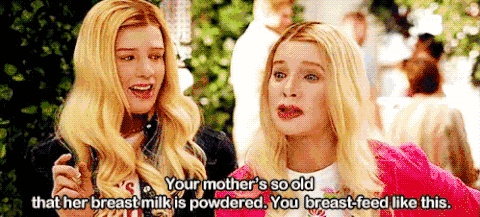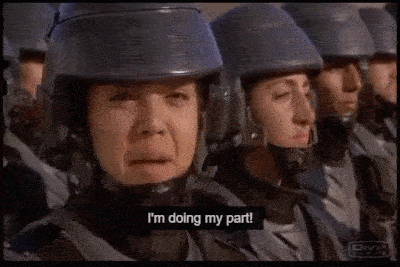Your baby measures 11.5 inches (29.3 cm) from crown to rump and weighs 4.2 lbs (1.9 kg).
Pregnancy Facts - Week 33
How big is your baby in week 33 of pregnancy
In week 33 of pregnancy, your baby measures about 11.5 inches (29.3 centimeters) from crown to rump and weighs about 4.2 pounds (1.9 kilograms).
Your baby's development in week 33 of pregnancy
One major development in the third trimester is your baby's immune system. Through something called maternal passive immunity, antibodies (immunoglobulin) are passed on from you to the child via the placenta. Antibodies are key to protecting your baby from bacteria and viruses. A premature baby lacks a lot of these antibodies being born so early. This raises their chance of getting sick and which is why they are often quarantined in NICU. A baby can get additional antibodies, ones that can't be passed through the placenta through two other ways, breastfeeding and vaccinations.
Breastfeeding and antibodies
As briefly mentioned in week 31, your breasts produce colostrum when a baby is first born, and the stuff is chock full of antibodies. Great for boosting a baby's immunity right at the start of birth.
Maybe one of the coolest things about breastfeeding, is what happens if your baby is sick. When your baby feeds, a seal is created between the mouth and your nipple. Saliva actually enters into the nipple while your baby sucks it. There are receptors in your mammary glands that essentially analyzes your baby's saliva for sickness. If it detects something, your body begins producing antibodies that gets mixed in with the breast milk. That way, the next time baby feeds, they get a dose of the antibodies to help fight off the sickness.
Vaccinations and antibodies
The standard set of vaccinations that a baby needs to have vary by country and region and complements the antibodies provided through maternal passive immunity, colostrum and breastmilk. Vaccines are important both in keeping your baby and the people around you healthy through what's known as herd immunity. If there's something contagious going around, and a very large percentage of the population is vaccinated or immune against it, the virus or bacteria can't find the few that are susceptible to it and will die off. If a large percentage of the population decides to not get vaccinated, it puts everyone, including those already vaccinated, at risk. That's because the contagion has many more opportunities inside the non-vaccinated people to evolve into a strain that the vaccine doesn't protect against. Vaccines help everyone.





